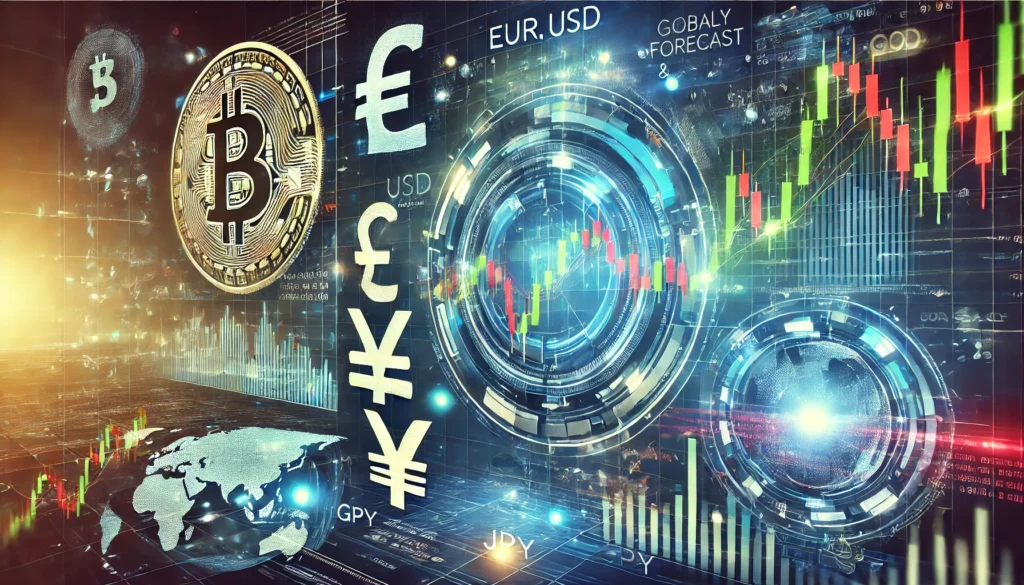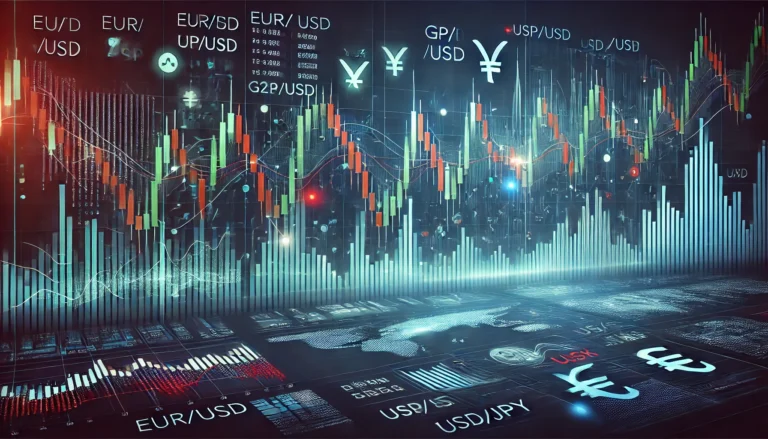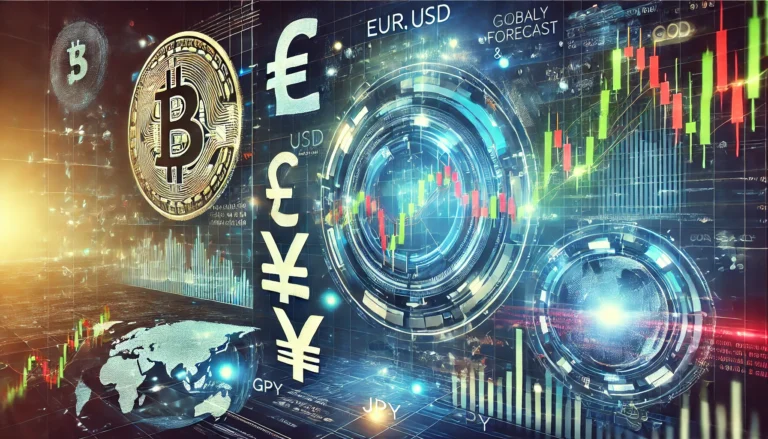
Explore the forex trading market, understand its dynamics, and improve your trading strategies with practical insights and tips.
The forex trading market is a vibrant place where currencies are bought and sold every second. It’s the largest financial market in the world, with daily trading volumes exceeding $6 trillion. For many traders, both beginners and experienced ones, the forex trading market can feel overwhelming. It’s filled with complex terms, rapid price changes, and countless strategies to choose from.
Traders often struggle with understanding how to navigate this bustling environment. They face challenges like market volatility, unexpected news events, and the fear of making mistakes. That’s why it’s crucial to grasp the fundamentals of the forex trading market and apply effective strategies. Knowing the ins and outs can empower traders and help them make informed decisions.
Understanding the Forex Trading Market
The forex trading market operates 24 hours a day, five days a week. It involves the exchange of one currency for another, and prices fluctuate based on supply and demand. But why do traders sometimes lose money? The issue often lies in their understanding—or lack thereof—of market trends and economic indicators. For example, a trader may buy euros when the Eurozone is facing economic turmoil, leading to a rapid drop in the euro’s value.
This situation can occur due to various technical and market-related reasons. For instance, if there’s news of a country’s economic downturn, many traders may sell that currency, causing its value to plummet. A real-life example would be the GBP losing value after Brexit talks, as uncertainty loomed, leading to panic-selling among traders.
Pro’s and Con’s for the Forex Trading Market
In the forex trading market, understanding the pros and cons is essential. Here are some advantages:
- Liquidity: The forex market is highly liquid, meaning you can buy and sell currencies quickly.
- Accessibility: You can start trading with a small amount of capital, making it accessible for many.
- Flexibility: You can trade at any time, allowing you to fit trading into your schedule.
However, there are also challenges:
- Market Volatility: Prices can change rapidly, making it easy to lose money.
- Emotional Trading: Fear and greed can cloud judgment, leading to poor decisions.
- Complex Strategies: Many strategies can be overwhelming for beginners.
To mitigate these challenges, here are some step-by-step solutions:
- Start with a demo account to practice trading without financial risk.
- Educate yourself on market indicators and news that affect currency prices.
- Set a budget for trading and stick to it to avoid emotional decisions.
Pro Tips for advanced traders include:
- Use Stop-Loss Orders: Protect your investments by setting automatic sell orders at predetermined prices.
- Keep an Economic Calendar: Stay informed about key economic events that may impact currencies.
Frequently Asked Questions
1. What is the forex trading market?
The forex trading market is a global marketplace for trading national currencies against one another. It operates through a network of banks, brokers, and financial institutions. Unlike stock markets, it doesn’t have a centralized exchange, allowing flexibility and continuous trading.
2. How do I start trading in the forex market?
To start trading, choose a reliable broker, open a trading account, and deposit funds. It’s also advisable to learn about trading strategies and practice with a demo account before risking real money.
3. What are currency pairs?
Currency pairs are two currencies that are traded against each other in the forex market. For example, in the EUR/USD pair, the euro is the base currency, and the US dollar is the quote currency. The price shows how much of the quote currency is needed to buy one unit of the base currency.
4. What affects currency prices?
Currency prices fluctuate due to various factors, including economic indicators, interest rates, political stability, and market sentiment. For example, if a country’s economy is growing, its currency may strengthen against others.
5. Is forex trading risky?
Yes, forex trading carries significant risk. Prices can change quickly, leading to potential losses. It’s important to have a solid risk management strategy in place and to trade responsibly.
Conclusion
Understanding the forex trading market can be your pathway to success. By grasping the fundamentals and applying effective strategies, you can navigate through the challenges. Remember, this market is manageable, and with dedication, you can improve your trading strategies and outcomes.
Stay curious and keep learning! The more you know about the forex trading market, the more confident you will become in your trading decisions.
Recommended Next Steps
To deepen your understanding of the forex trading market, consider the following steps:
- Read books about forex trading strategies.
- Follow forex trading blogs and forums for tips and insights.
- Watch tutorials on technical analysis and chart reading.
For more insights into forex trading, check out Forex.com and Investopedia.
The forex trading market offers vast opportunities for traders who are willing to learn and adapt.
Expand Your Knowledge
- 📌 Forex Trading Learning Road Map
- 📌 Forex Trading Course with no Fees
- 📌 Forex Trading Issues, Problems, and Solutions
- 📌 Forex Daily Forecast & Live Updates
- 📌 Forex Fundamental & News Analysis: Tomorrow’s Market Movers & Trade Opportunities
- 📌 Forex Education Hub: Learn & Profit
- 📌 Forex Technical Analysis, Indicators & EA’s
Start Trading Today
Ready to take your forex trading to the next level? Open an account with Exness, one of the most trusted platforms in the industry. 👉 Sign Up Now and start trading with confidence!
Exness stands out with ultra-low spreads for mini traders, instant withdrawals, and zero spread accounts for pro traders. Trusted since 2008, Exness offers lightning-fast execution, no hidden fees, and a secure, transparent trading environment—giving you the edge you need to succeed. 🚀 Join now and trade smarter!


